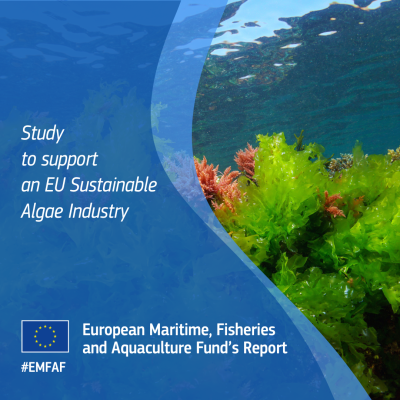The European Commission has published a new study highlighting the strategic role of algae. The report, titled “Study to Support a Sustainable EU Algae Industry”, explores the many applications of both macro- and microalgae, showing how they can contribute to food security, marine ecosystem health, and the fight against climate change.
According to the study, algae have the potential to revolutionize several key sectors. For example, they could replace fish-based feed with algae-based alternatives in aquaculture, contribute to climate change mitigation, and much more.
The numbers are promising: seaweed forests in the EU cover around 902,000 square kilometers and could capture up to 23.5 million tonnes of carbon per year — equivalent to 86 million tonnes of CO₂. The study estimates that expanding seaweed farming could generate economic benefits of up to €17.4 billion per year, thanks to the reduction in environmental damage caused by climate change.
However, the algae sector in Europe still faces significant challenges. Production remains expensive, there is a lack of reliable data for certain applications, production volumes are still low, and expanding algae farming will require further investment and research.
Currently, around 130,000 tonnes of wild algae are harvested annually, while 132,700 tonnes are collected from beaches in 12 EU countries. Yet it is estimated that up to 1.17 million tonnes of beach-cast algae could potentially be recovered each year along European coasts.

